American technology consulting has profoundly transformed various aspects of our lives, and education is no exception. From digital classrooms to online resources, the integration of technology in education has reshaped how students learn and teachers teach. This article explores the multifaceted role of technology in modern education, highlighting its benefits, challenges, and future potential.
Enhancing Accessibility and Inclusivity in american technology consulting
One of the most significant advantages of technology in education is its ability to enhance accessibility and inclusivity. Digital tools and platforms have made learning materials available to a wider audience, including those with disabilities. Assistive american technology consulting such as screen readers, speech-to-text software, and customized learning apps enable students with visual or hearing impairments to engage with educational content more effectively.
Online courses and educational platforms also provide opportunities for students in remote or underserved areas to access quality education. This democratization of learning helps bridge the gap between different socioeconomic groups, allowing more people to pursue education regardless of their geographical location.

Personalized Learning Experiences
Technology allows for personalized learning experiences that cater to the individual needs of each student. Adaptive learning technologies use algorithms to assess a student’s performance and tailor educational content accordingly. These systems can identify areas where a student struggles and provide additional resources or alternative explanations to help them grasp the material better.
Moreover, educational apps and software often include features that allow students to learn at their own pace, revisiting topics as needed and skipping over material they already understand. This customization helps students achieve a deeper understanding of subjects and promotes a more engaging learning experience.
Expanding Educational Resources
The internet has revolutionized the availability of educational resources. Students and educators now have access to a vast array of online materials, including academic journals, e-books, instructional videos, and interactive simulations. These resources enhance the learning experience by providing diverse perspectives and interactive elements that traditional textbooks may lack.
Platforms like Khan Academy, Coursera, and edX offer courses on a wide range of subjects, allowing learners to explore topics beyond their standard curriculum. This abundance of resources supports lifelong learning and encourages intellectual curiosity, helping students stay motivated and engaged in their educational journey.
Facilitating Collaboration and Communication
Technology has transformed how students and educators collaborate and communicate. Tools such as video conferencing, collaborative documents, and discussion forums enable real-time interaction and teamwork, regardless of physical location. This connectivity fosters a more collaborative learning environment where students can work together on projects, share ideas, and receive feedback from peers and instructors.
Additionally, educators can use technology to streamline communication with students and parents. Platforms like Google Classroom and Schoology allow teachers to distribute assignments, provide feedback, and track student progress efficiently. This improved communication enhances the overall educational experience by keeping everyone involved informed and engaged.
Supporting Innovative Teaching Methods
American technology consulting has also paved the way for innovative teaching methods that enhance student engagement and understanding. For example, gamification involves incorporating game elements into educational activities to make learning more interactive and enjoyable. Educational games and simulations can make complex concepts more accessible by presenting them in a fun and interactive format.
Virtual and augmented reality american technology consultingoffer immersive learning experiences, allowing students to explore historical events, scientific phenomena, or artistic creations in a virtual environment. These technologies can provide hands-on experiences that might be difficult to achieve in a traditional classroom setting, enriching the learning process and making it more memorable.

Addressing Challenges and Concerns
Despite the numerous benefits of technology in education, there are also challenges and concerns that need to be addressed. One significant issue is the digital divide, which refers to the gap between those who have access to american technology consulting and those who do not. Students from low-income families or rural areas may lack the necessary devices or internet connectivity, which can hinder their ability to benefit from digital learning tools.
Privacy and security concerns are another critical issue. With the increased use of online platforms and digital tools, there is a need to ensure that student data is protected and that online interactions are safe. Educational institutions must implement robust security measures and educate students about safe online practices to mitigate these risks.
Additionally, there is the risk of over-reliance on technology. While digital tools can enhance learning, it is essential to strike a balance between technology and traditional teaching methods. Educators should use technology as a complement to, rather than a replacement for, effective teaching practices to ensure that students receive a well-rounded education.
The Future of american technology consulting in Education
Looking ahead, the role of technology in education is expected to continue evolving. Advances in artificial intelligence (AI) and machine learning could lead to even more personalized and adaptive learning experiences. AI-powered tutoring systems and intelligent content recommendation engines have the potential to provide highly tailored educational support for individual students.
Furthermore, the integration of blockchain technology could transform how educational credentials are verified and shared. Blockchain could provide a secure and transparent way to manage academic records, making it easier for employers and institutions to verify qualifications.
As technology continues to advance, it is crucial for educators, policymakers, and technologists to work together to address challenges and ensure that technological innovations are used effectively and equitably. By leveraging technology thoughtfully and strategically, we can enhance the educational experience and prepare students for the future.
Conclusion of american technology consulting
The role of technology in modern education is both transformative and multifaceted. From enhancing accessibility and personalization to supporting innovative teaching methods, technology has the potential to enrich the learning experience and broaden educational opportunities. However, it is essential to address challenges such as the digital divide, privacy concerns, and the risk of over-reliance on technology to ensure that all students can benefit from these advancements. As we look to the future, continued collaboration and thoughtful implementation will be key to harnessing the full potential of technology in education and preparing students for a rapidly changing world.
Also check: https://tehzop.com/how-to-use-ai-to-streamline-your-business-processes/




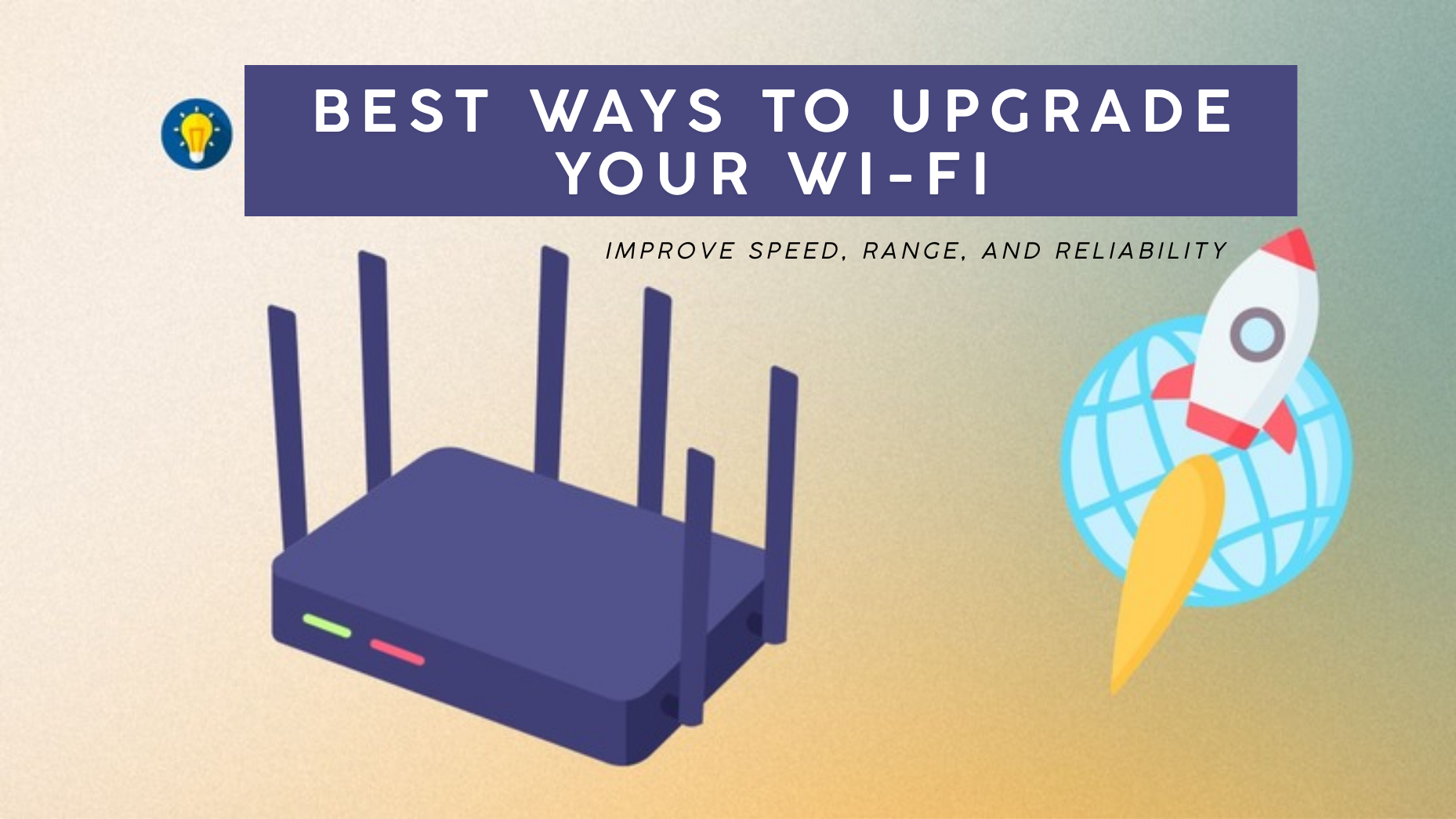
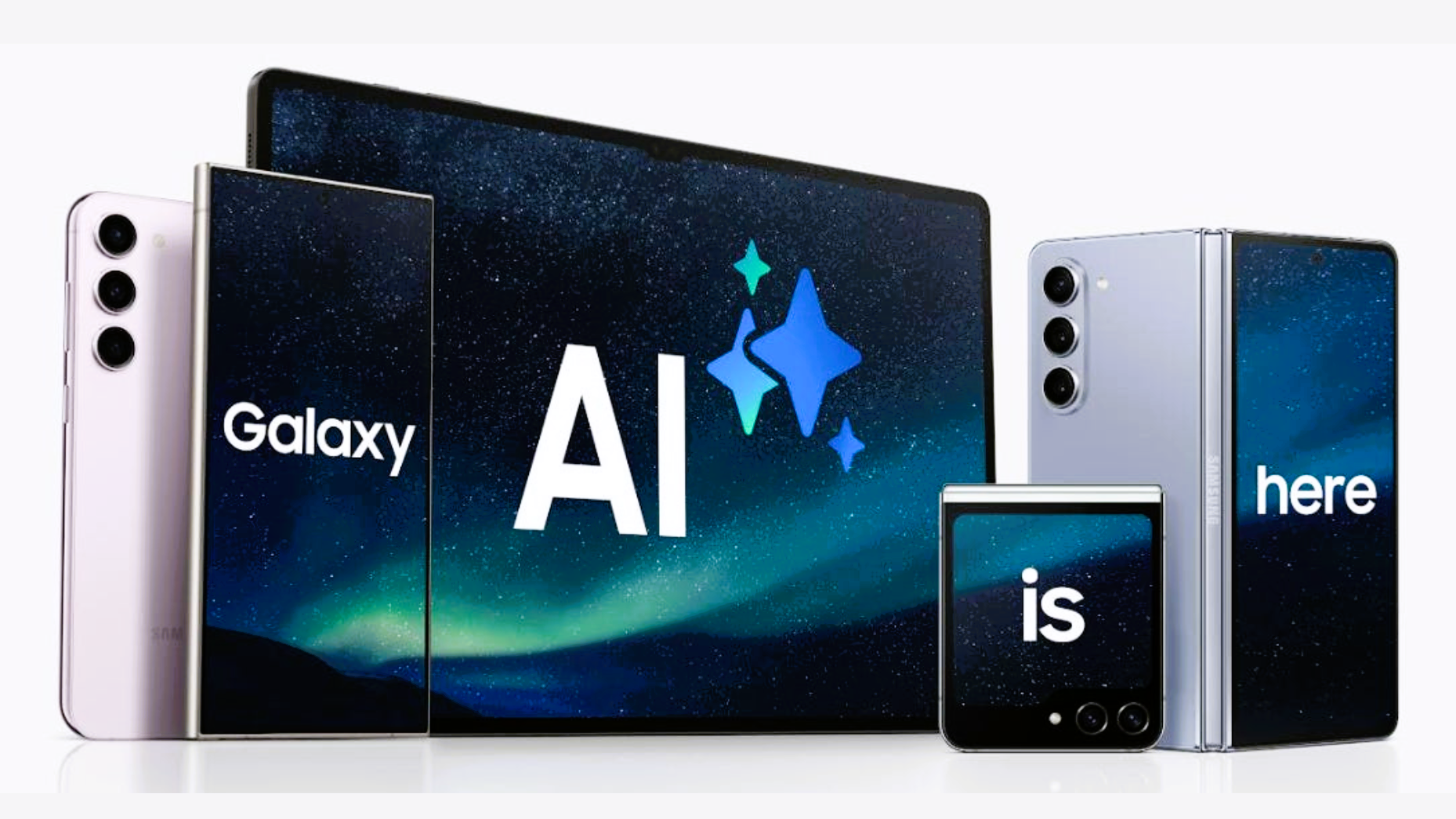

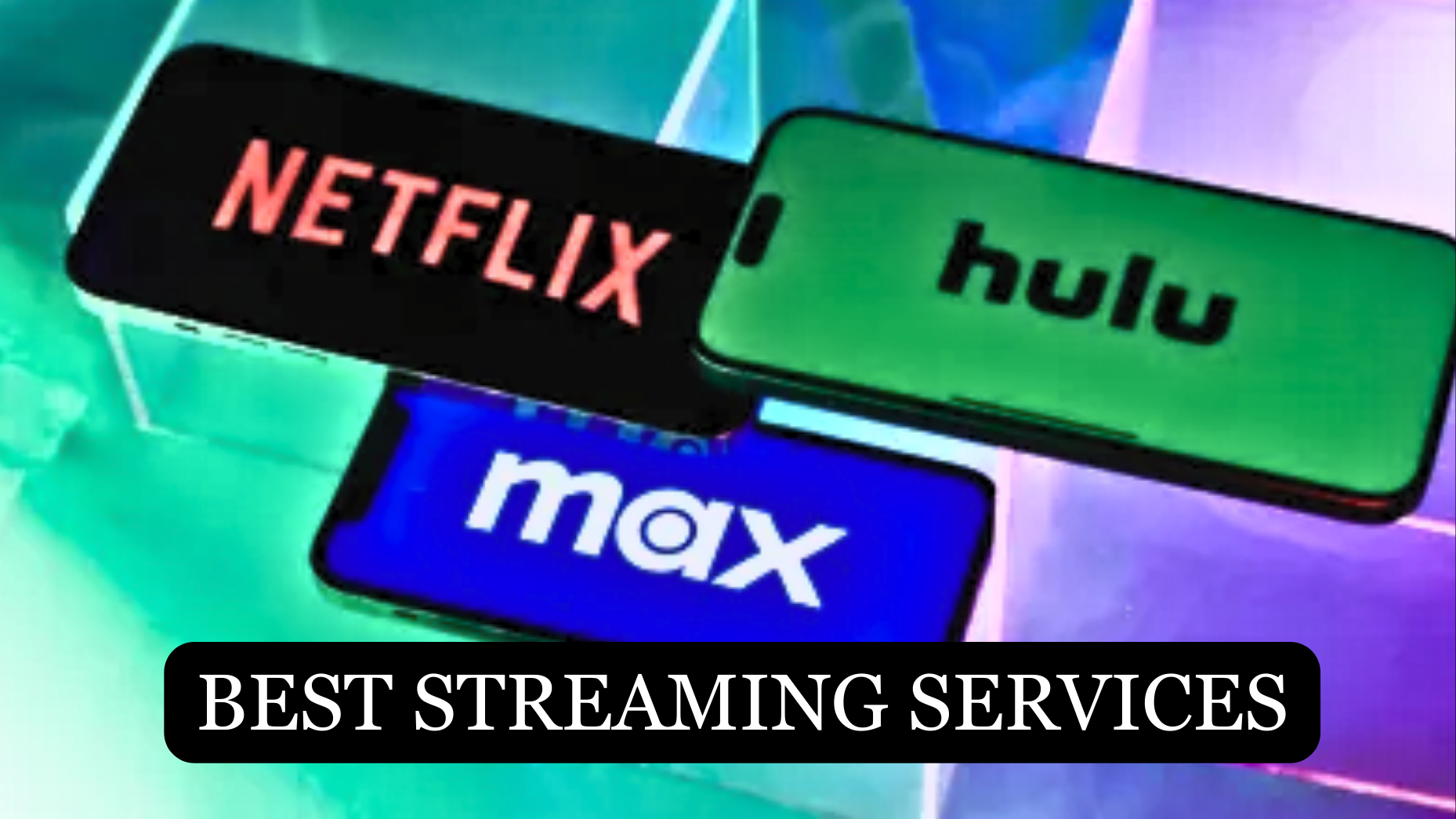
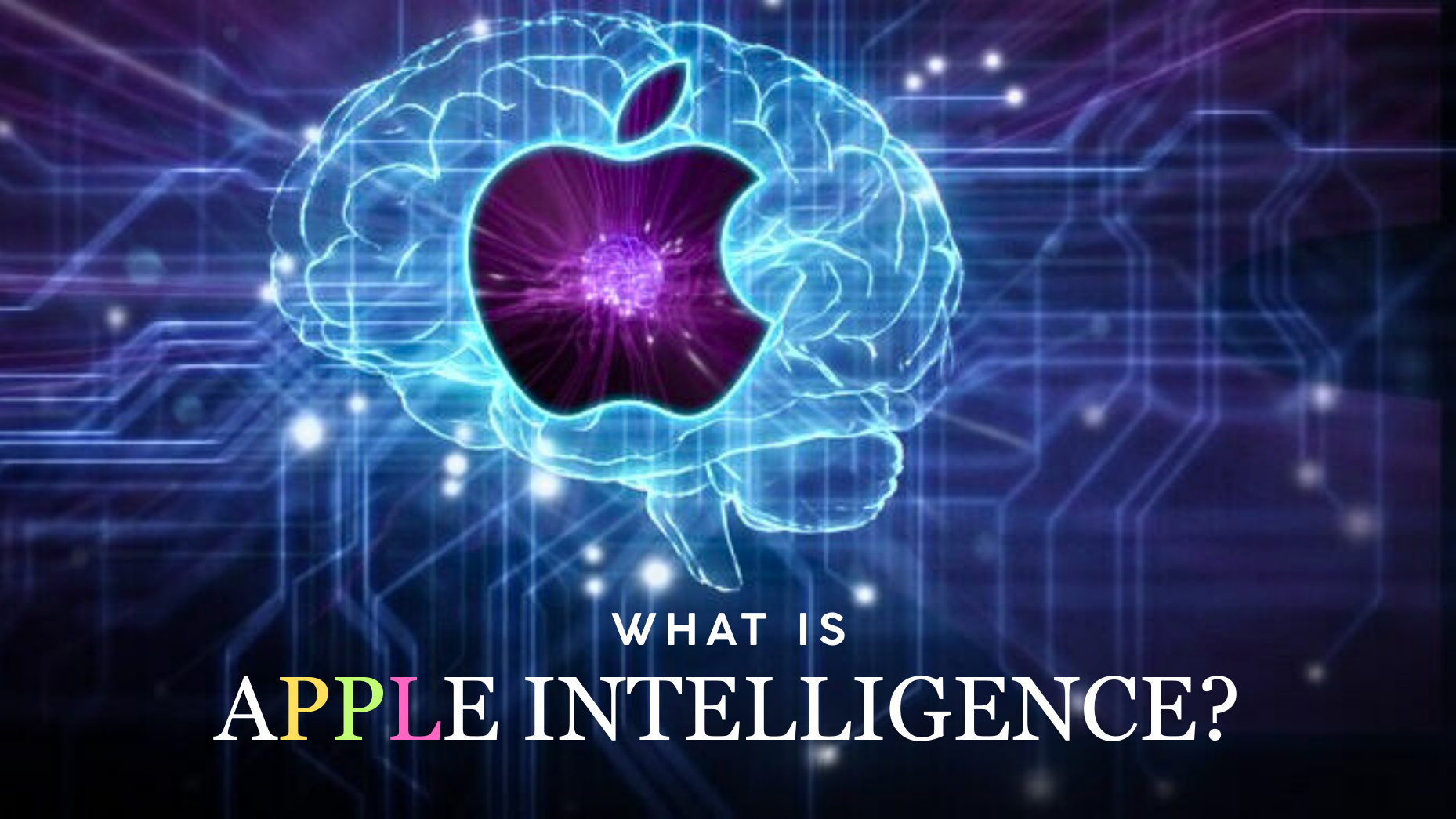


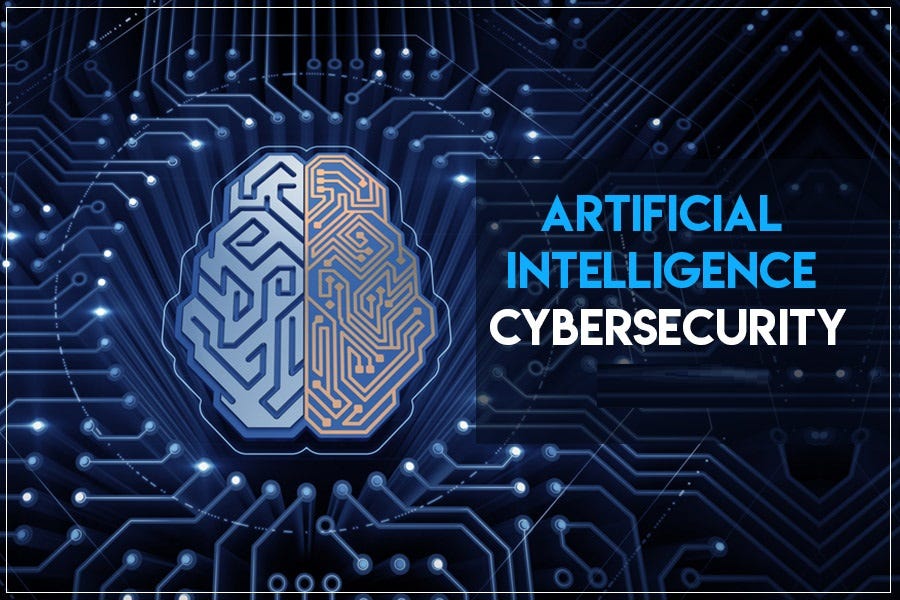
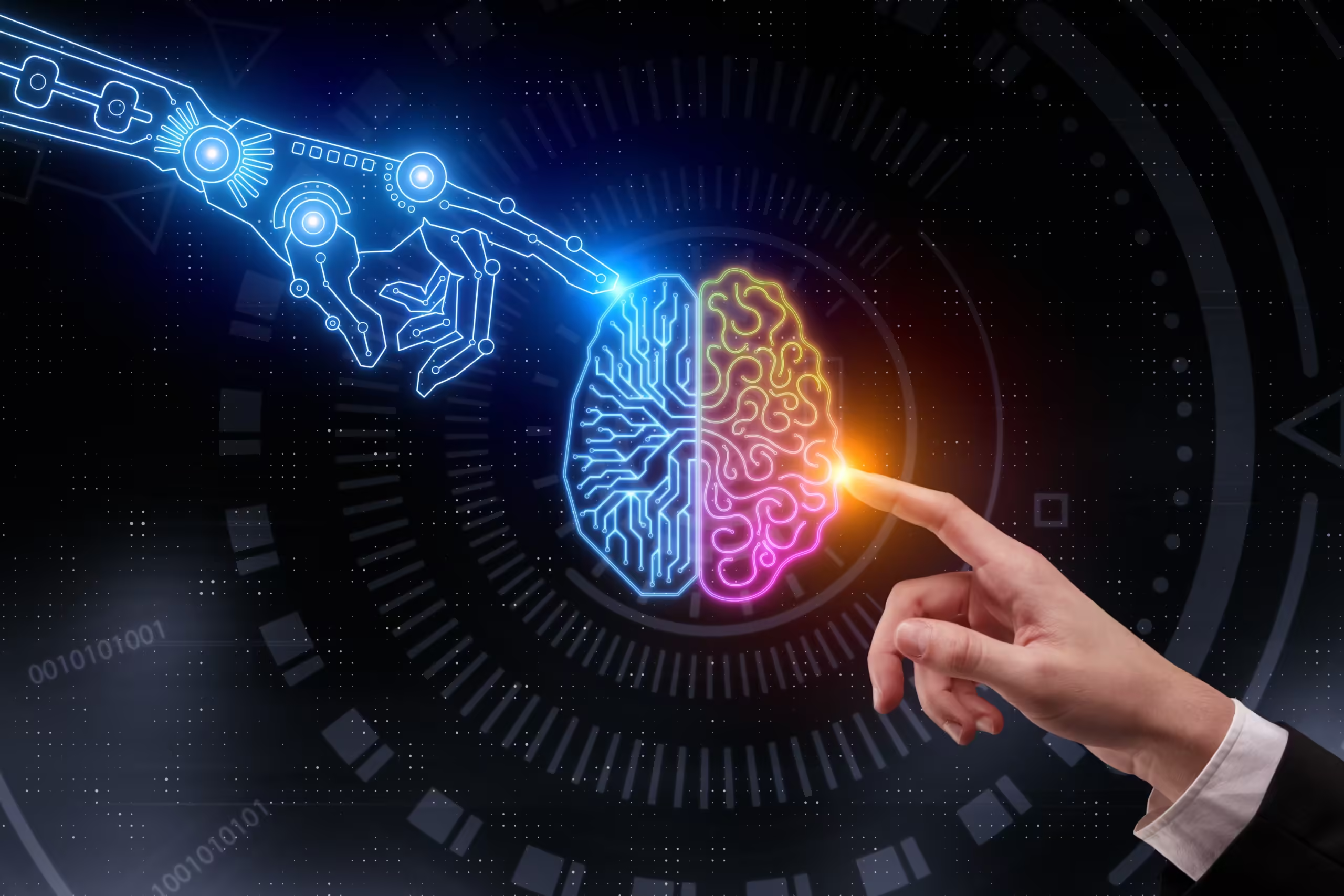
Leave a Reply